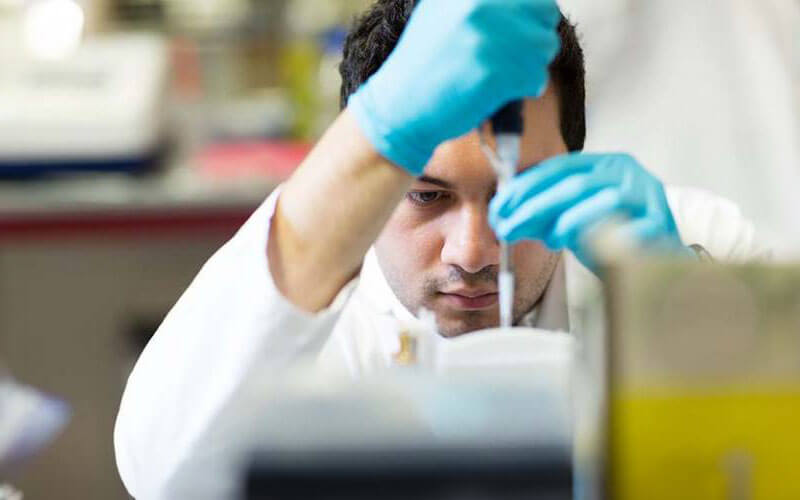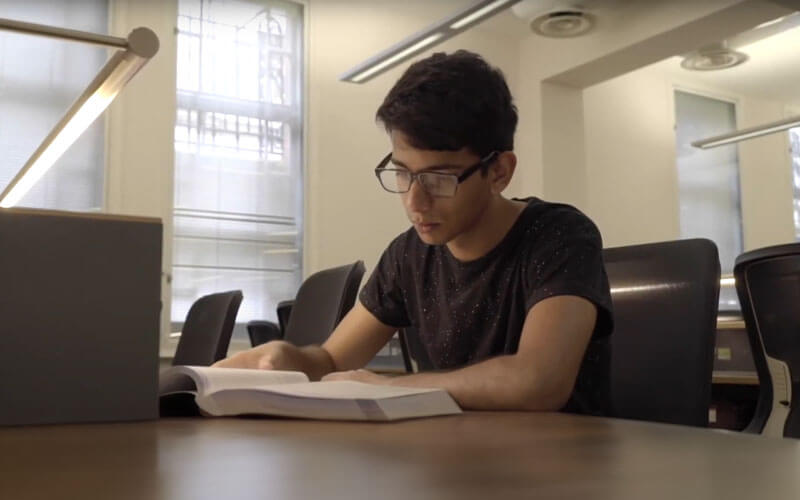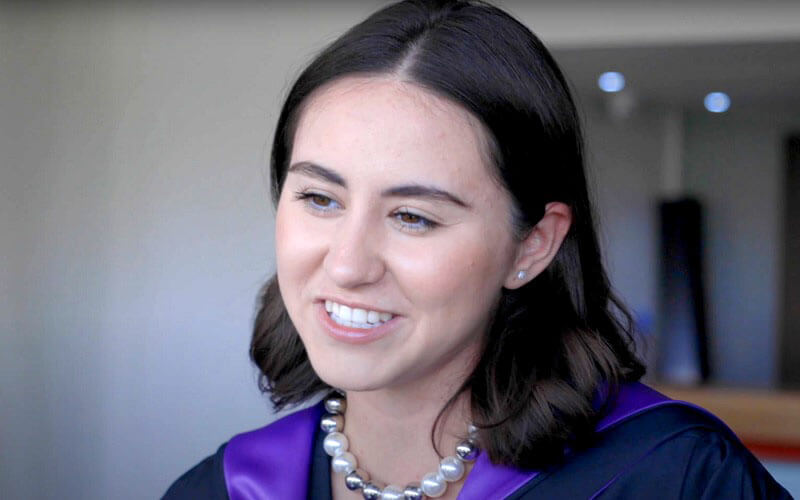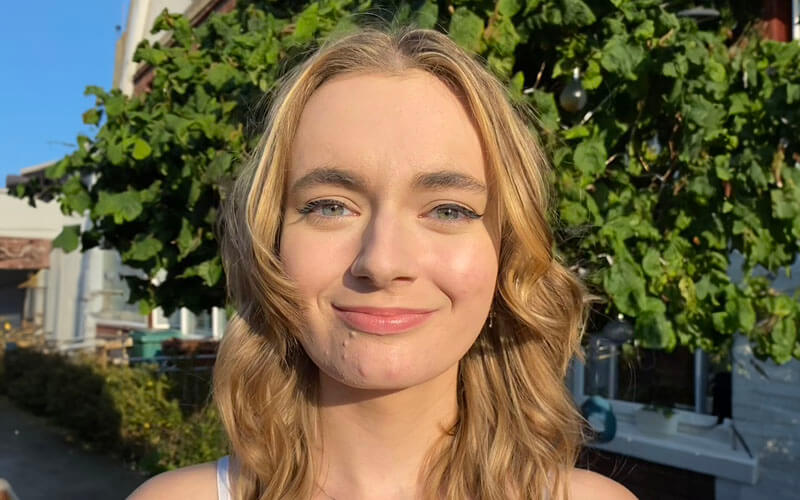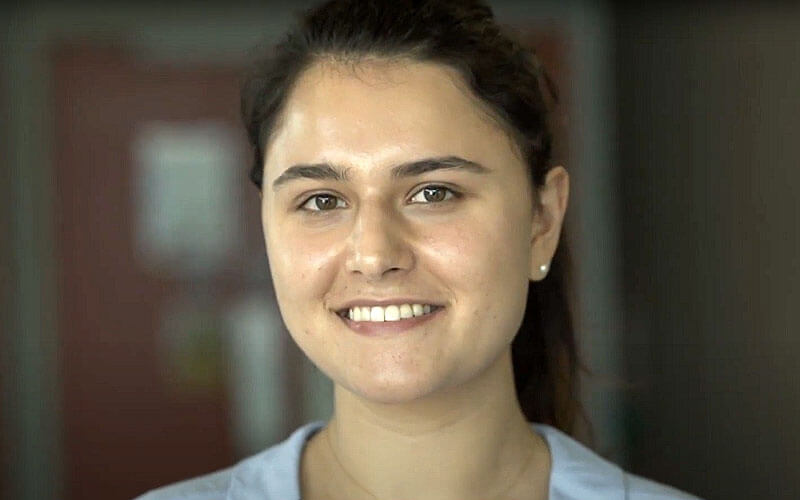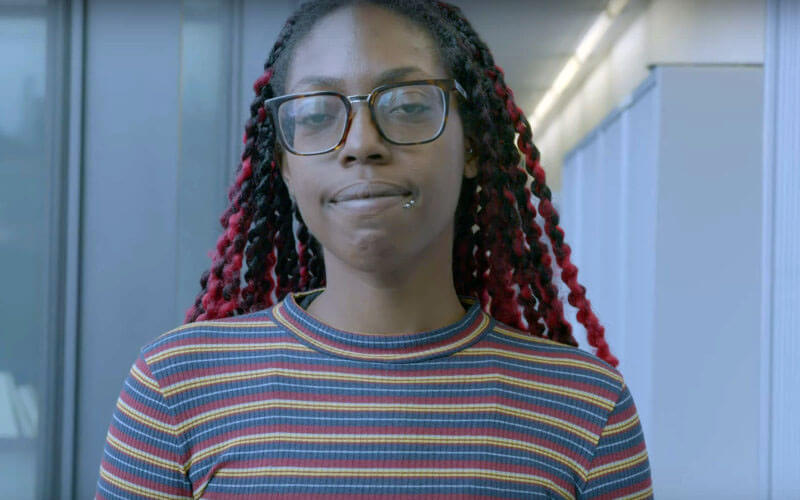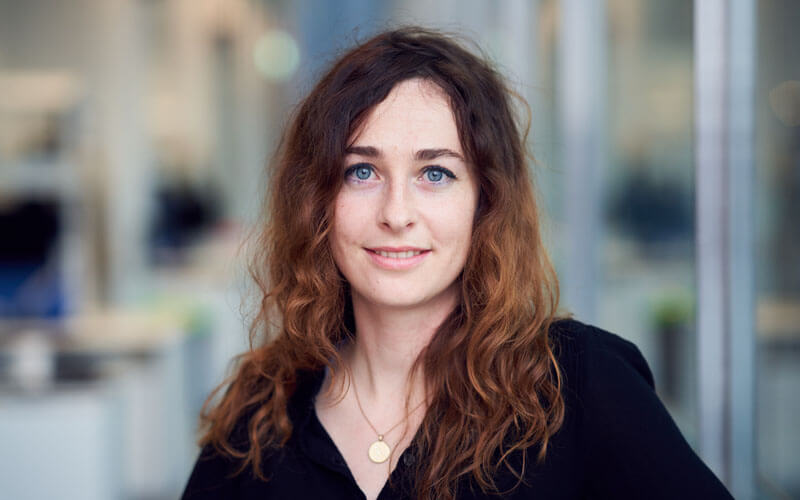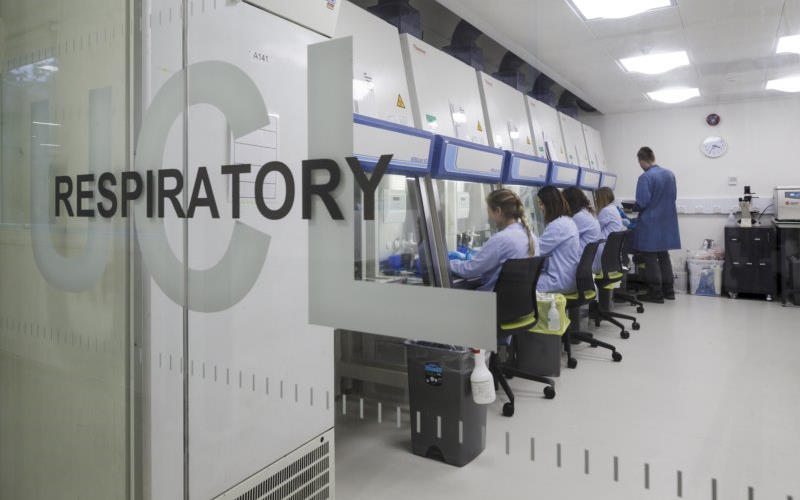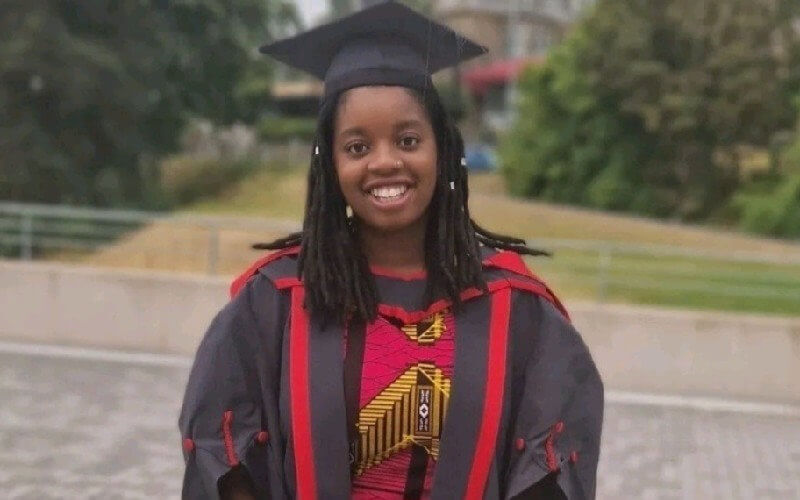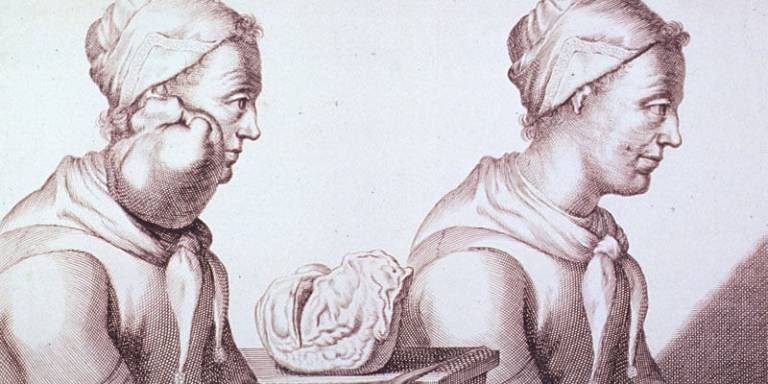Cancer degrees
Undergraduate Virtual Open Day
Join a Virtual Open Day to find out more about our programmes and get the chance to ask your questions in a live session. Book your place today.
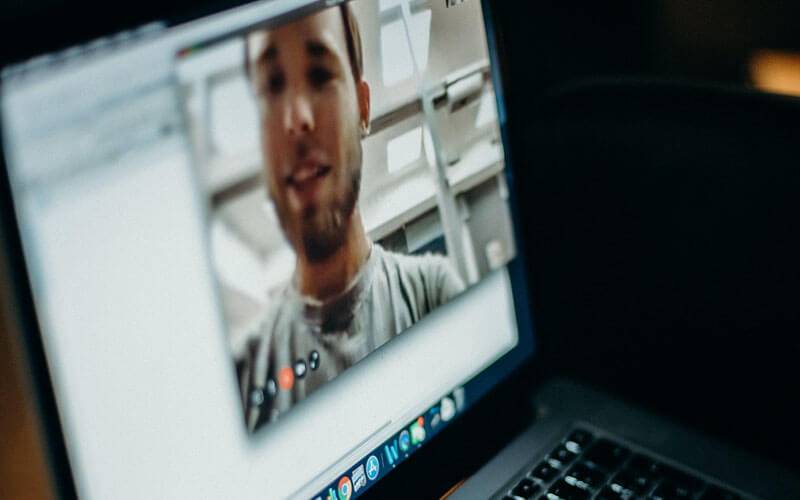
Our programmes
Join UCL's world-leading academic community working at the forefront of cancer research. Our courses explore cancer as a disease process and its associated therapies. You will learn about the approaches taken to predict, detect, monitor, and treat cancer alongside research methods and technique used to advance our understanding of this disease and design better treatment strategies.
Cancer Biomedicine, BSc
Study the Bachelor's degree programme that sets you up to play your part in tackling cancer.
- Full-time, 3 years.
- Subjects: Cancer
Cancer, MSc / PGDip / PGCert
Cancer MSc reflects the depth and breadth of research interests, from basic science to translational medicine.
- Full-time, 1 year.
- Subjects: Cancer; Medical Technology and Diagnostics; Medical Science and Applications
Oncology, PGCert
The ideal first step for future consultants in clinical or medical oncology. Study cancer biology and evidence-based medicine in detail across two modules.
- Part-time, 1 year. Flexible, max. 2 years.
- Subjects: Cancer
Oncology, PGDip
This flexible PGDip Oncology is ideal for busy clinicians. Teaching is mostly online with short face-to-face teaching blocks on-campus in London each term.
- Part-time, 2 years. Flexible, max. 5 years.
- Subjects: Cancer
Oncology, MSc
This MSc Oncology, studied over 3-5 years, is ideal for busy clinicians aspiring to become consultants in clinical or medical oncology.
- Part-time, 3 years. Flexible, max. 5 years.
- Subjects: Cancer
Infection and Immunity, BSc
Gain an insight into the science of infection and immunity, drawing on the world-class research carried out in the Division of Infection & Immunity.
- Full-time, 3 years.
- Subjects: Infection and Immunity; Cancer
Infection and Immunity, MSc
This MSc Infection and Immunity emphasises data interpretation, critical analysis of current literature and culminates in a research project.
- Full-time, 1 year. Part-time, 2 years.
- Subjects: Infection and Immunity; Cancer
Precision Medicine, MSc
The MSc Precision Medicine is an interdisciplinary course relating to the understanding of disease, and the technologies that detect, diagnose and treat them.
- Full-time, 1 year. Part-time, 2 years.
- Subjects: Medical Technology and Diagnostics; Medical Science and Applications; Cancer
Respiratory Clinical Science, MSc / PGDip / PGCert
Set yourself up to work at the highest levels of respiratory medicine. This MSc focuses on studying the scientific and clinical basis of respiratory diseases.
- Full-time, 1 year. Part-time, 2 years.
- Subjects: Cancer; Infection and Immunity; Medical Science and Applications
Cancer Institute, MPhil / PhD
A full or part-time research degree at the UCL Cancer Institute offers an unrivalled foundation for building a career in cancer.
- Full-time, 3 years. Part-time, 5 years.
- Subjects: Cancer
Haematology, MPhil / PhD
Haematology covers areas such as leukaemia biology, stem cell transplantation, immunology, cellular and gene therapy, and more.
- Full-time, 3 years. Part-time, 5 years.
- Subjects: Cancer
Oncology, MPhil / PhD
Oncology covers areas such as antibody-based medicines, research and development of cancer drugs or treatment resistance.
- Full-time, 3 years. Part-time, 5 years.
- Subjects: Cancer
Pathology, MPhil / PhD
Pathology covers research areas such as the genetics and cell biology of sarcoma, computational cancer biology, digital pathology and more.
- Full-time, 3 years. Part-time, 5 years.
- Subjects: Cancer
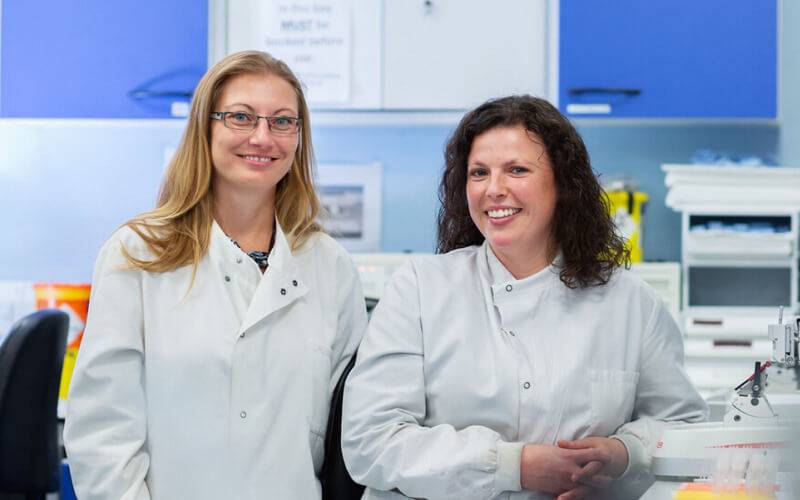
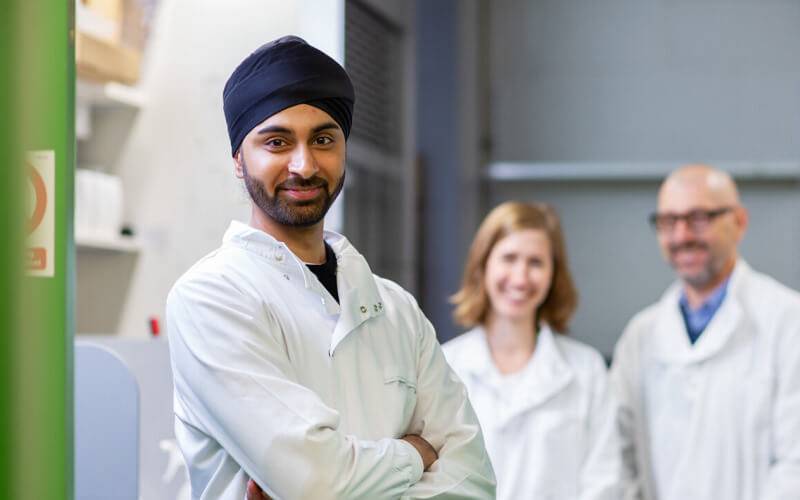
Why study Cancer at UCL?
Cancer is an important concern with global consequences. The UCL Cancer Institute is the hub for cancer research at University College London, one of the world's leading universities. Our courses contain specialist modules in a variety of areas, including cancer immunology, cancer genetics and clinical trials.
Bursaries available
The UCL Division of Medicine is offering three bursaries of £5,000 for master's courses including the MSc Respiratory Clinical Science.
UCL offers a Master's Bursary and Master's Scholarships worth up to £15,000 for those from lower income backgrounds to study a taught master's degree.

Careers
Our cancer-related courses will equip you with a real advantage when entering a competitive careers market. Graduates are eligible for a wide range of UK and international career opportunities and are well-equipped for further studies such as a PhD.
You will develop the critical thinking, complex problem-solving and communications skills needed to become a highly skilled scientist.
Our research graduates go on to academic posts at universities around the world. Other career pathways include laboratory management, research, industry, clinical trials co-ordination, scientific writing and more.
“I chose to study at UCL because it's a world-renowned university. I was really interested in the course structure and the catalogue. The modules looked really exciting.
I also liked the fact that it’s a centrally located campus, so it’s easy to commute to as well. That was key for me as a commuting student.
I love the flexibility of the course, the fact that every lecture is different, and the professors seem so engaged – like they love what they do – and I feel like that really helps engage the students.
Anjleena Khurshid
BSc Cancer Biomedicine.
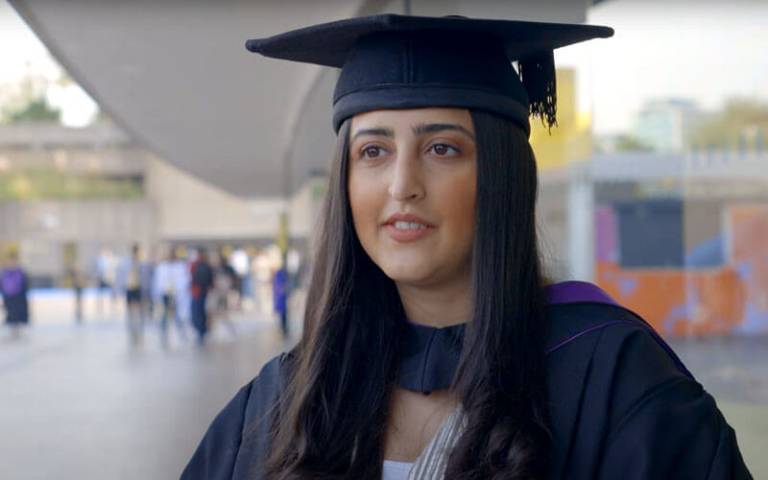
Our research in Cancer
UCL scientists have an international reputation for leading basic, translational, and clinical cancer research and the Cancer Institute is uniquely positioned to leverage the multidisciplinary nature of UCL by engaging a range of disciplines to transform cancer research. Our cancer-related research areas include antibody-based therapies, brain cancer and stem cells, signalling networks and much more.
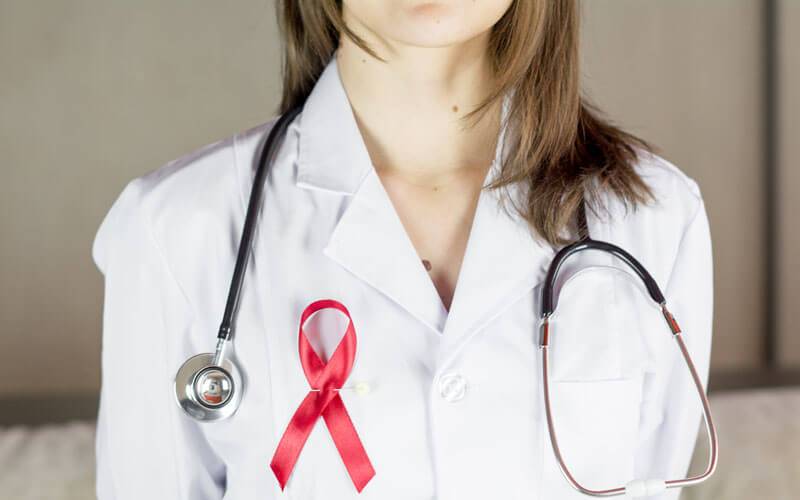
Better use of drugs increases cervical cancer survival
A short course of additional chemotherapy delivered immediately before the standard chemoradiation can reduce the risk of the cancer returning or death by 35%.
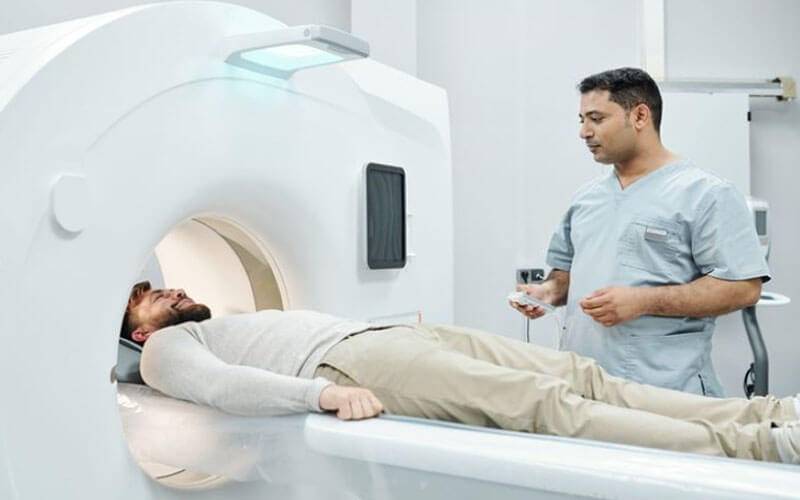
Improving MRI scans for cancer screening
A new study from UCL and UCLH has identified simple ways to treble the number of MRI scans of optimal diagnostic quality for prostate cancer screening.
Where cancer research transforms lives
UCL is taking new and different approaches to tackling cancer. We contemplate the future of cancer research, as we look for kinder and more effective therapies to target and control cancer, and to engineer better outcomes for patients. See our short video for an insight into our approach.
Our teaching leads
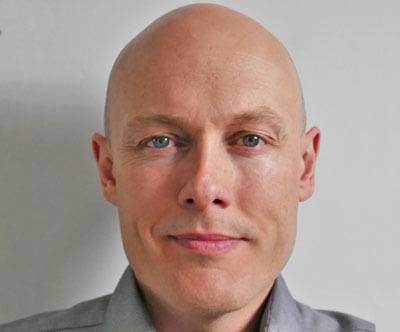
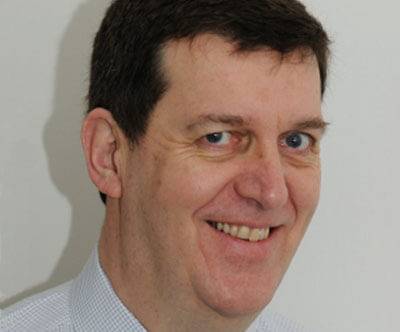
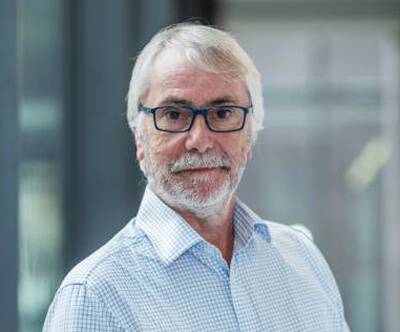
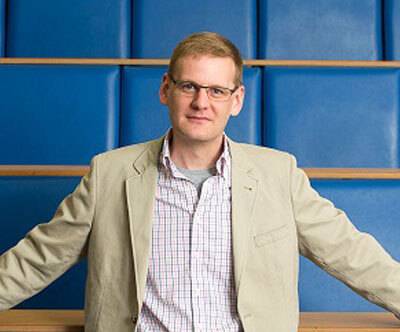
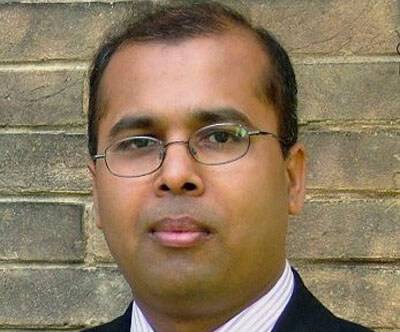
Dr Thiru Surentheran
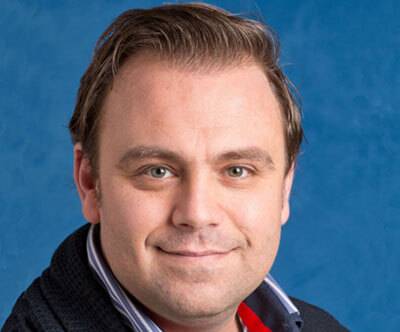
 Close
Close


